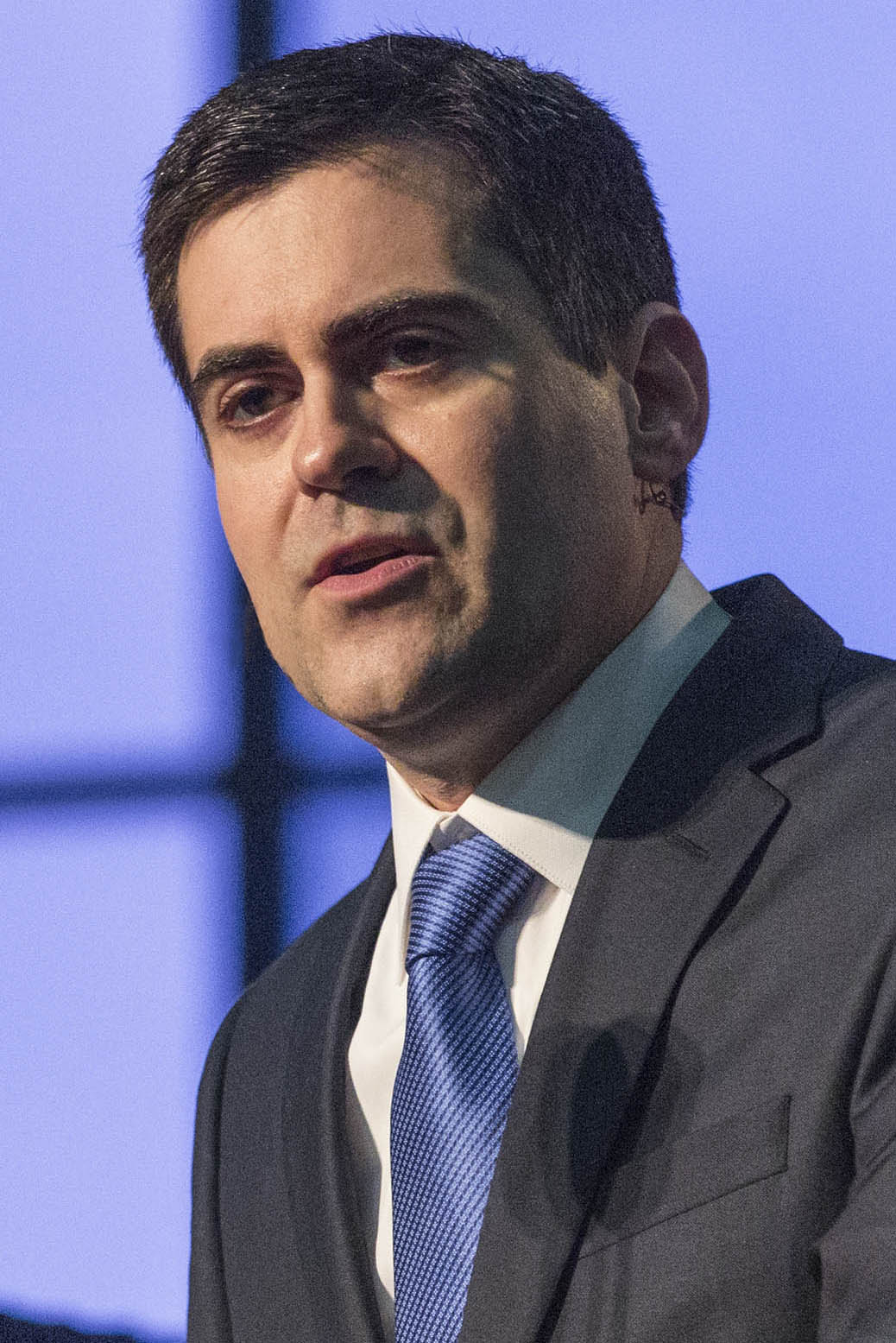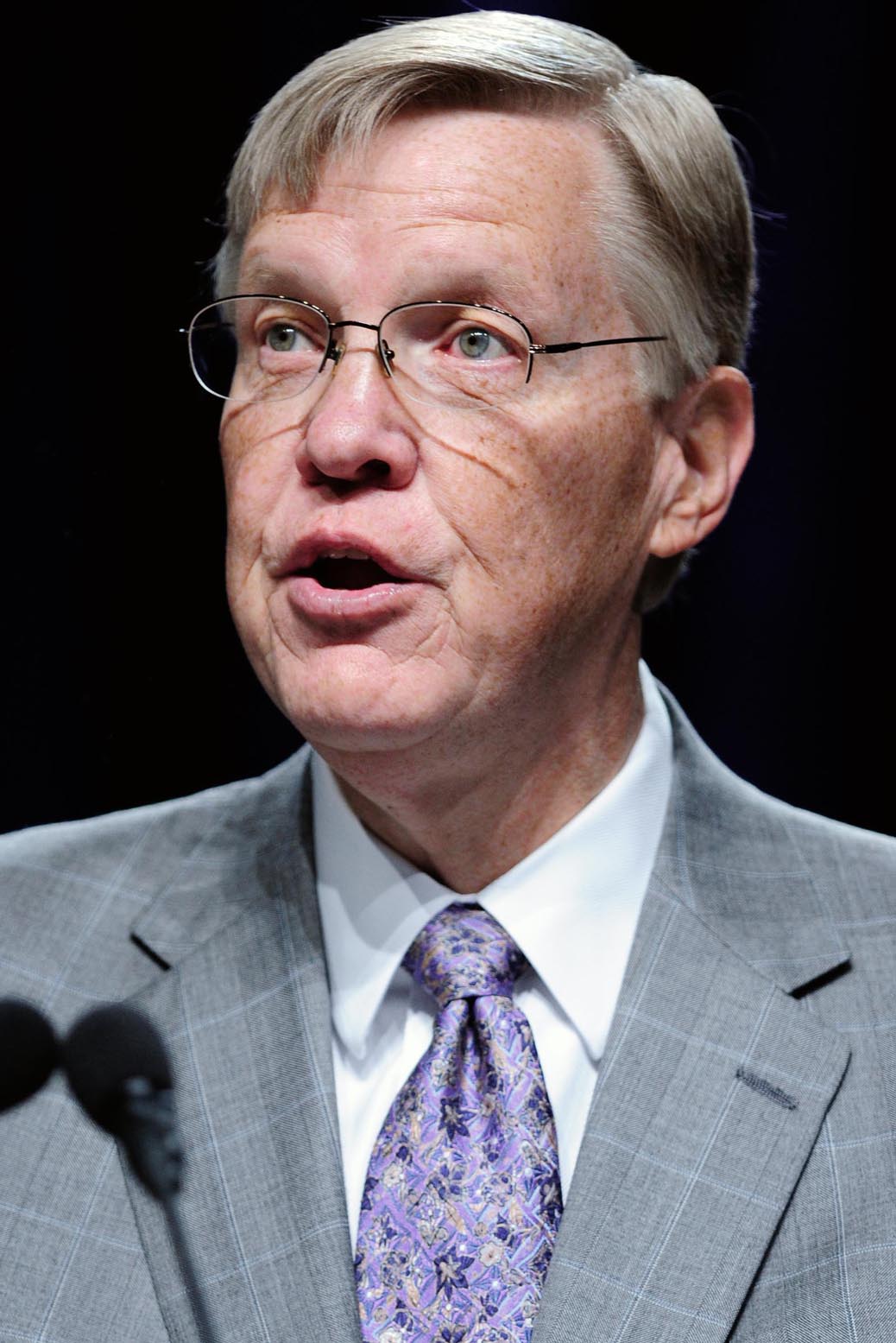
WASHINGTON (BP) — The Church of Jesus Christ of Latter-day Saints will support civil rights for lesbians, gays, bisexuals and transgender people if religious freedom protections also are ensured, its leaders announced Tuesday (Jan. 27).
Southern Baptist leaders, however, said the Mormons’ approach to the conflict between sexual rights and religious liberty is naive and unhelpful, as well as unacceptable to proponents of LGBT rights.
 In a Salt Lake City news conference, Mormon leaders described their stance as “fairness for all” — or a “balanced approach between religious and gay rights” that endorses protections in housing, employment and public transportation for LGBT people and, at the same time, safeguards the rights of religious institutions and people.
In a Salt Lake City news conference, Mormon leaders described their stance as “fairness for all” — or a “balanced approach between religious and gay rights” that endorses protections in housing, employment and public transportation for LGBT people and, at the same time, safeguards the rights of religious institutions and people.
The Mormons’ newly announced support for LGBT rights legislation throughout the country followed its endorsement of a similar Salt Lake City ordinance in 2009. Mormon leaders said they were able to support the city measure because it adequately protected religious freedom.
This approach does not represent a change in doctrine but a desire “to encourage mutually respectful dialogue in what has become a highly polarized national debate,” Mormon leaders said. They included no mention of same-sex marriage in their comments, an apparent indication the Latter-day Saints will maintain their view of marriage as only between a man and a woman.
 “I think the Latter-day Saints are well-intentioned but naive on where the reality stands today,” said Russell Moore, president of the Ethics & Religious Liberty Commission. “I do not think, in most instances, sexual orientation ought to matter in housing or employment, but of course the proposals to address these concerns inevitably lead to targeted assaults on religious liberty.”
“I think the Latter-day Saints are well-intentioned but naive on where the reality stands today,” said Russell Moore, president of the Ethics & Religious Liberty Commission. “I do not think, in most instances, sexual orientation ought to matter in housing or employment, but of course the proposals to address these concerns inevitably lead to targeted assaults on religious liberty.”
As he thought, the Mormons’ announcement of a revised position “was greeted with hostility from gay rights organizations and disappointment from social conservatives,” Moore said.
R. Albert Mohler Jr., president of Southern Baptist Theological Seminary, said on his Wednesday (Jan. 28) podcast, “[A]lmost anyone who understands the scope and scale of today’s moral revolution will understand why such a proposal might be made. But if you’re looking at the landscape of America today, this appears to be a proposal that comes rather too late to be genuinely helpful. And perhaps the response to the proposal yesterday helps to make that point more than anything else.”
Mohler said, “[A]lmost immediately, it was clear that the leadership of the LGBT movement isn’t going to buy this kind of bargain.”
“[W]hat we’re looking at,” Mohler said, “is the LDS church basically asking for what almost anyone in the gay-rights movement would have been ready to grant as recently as two to three years ago — certainly five to 10 years ago.
“What we are now witnessing is a radical acceleration of the movement to redefine religious liberty so that [it] means almost nothing,” Mohler said, according to a transcript of the podcast.
Reaction demonstrated how unacceptable the religious freedom protections called for by the Mormons are to LGBT advocacy groups.
“The so-called religious exemption is the size of five Mack trucks. It entirely neuters their proposal,” said Fred Sainz, vice president of communications and marketing at the Human Rights Campaign (HRC), according to The Washington Post. HRC is the country’s leading LGBT organization.
The Mormons are “demanding broad and unnecessary religious exemptions that hurt LGBT people and families,” said Sarah Kate Ellis, president of GLAAD (formerly the Gay and Lesbian Alliance Against Defamation), in a written statement. “The ‘compromise’ is that the Mormon Church will support non-discrimination only if it won’t have to follow laws that require equal treatment of LGBT people. This is not a ‘compromise,’ it’s a compromising of fairness and basic respect for LGBT people.”
The Mormons’ announcement came as cities, and even smaller municipalities, increasingly are enacting ordinances expanding anti-discrimination protections to LGBT people in employment, housing and public accommodation, which covers hotels, restaurants and other businesses. The city councils of Houston and Plano, Texas, are among those that approved LGBT ordinances in 2014. At one point, the Houston government even subpoenaed the sermons of pastors who opposed the ordinance as part of a lawsuit before backing down.
Some Southern Baptists and other Christians who ascribe to a biblical sexual ethic have opposed the laws, contending they often infringe upon freedom of religion and conscience for individuals, churches and businesses.
In a written statement, Moore said, “As Southern Baptists, we believe gay and lesbian persons are created in the image of God and ought to be respected. We also believe that any sexual expression outside of marriage between one man and one woman is morally wrong. And we believe that freedom of conscience for those of us who dissent from the Sexual Revolution ought to be maintained.”
Mormons have been strong allies with evangelical Christians and other social conservatives on such issues as marriage and religious freedom. Both Moore and Mohler have met with Mormon leaders on these matters.
Mohler has spoken at Brigham Young University — a Mormon school in Provo, Utah — on two occasions, making clear both times “there is a great theological chasm between biblical Christianity and the LDS church,” he said on his podcast. “As I said in both of those lectures, I don’t believe we are going to heaven together, but I do believe we’re at risk of going to jail together. It’s that second concern in some sense that drove the announcement coming from the LDS church yesterday.”

Citing sources he is familiar with, Roberts said the Mormon approach could be intended “to defuse the center and some of the left against criticizing him for his moral views and soften his approach and increase his appeal to those elements in the political spectrum. … [T]here’s no other reason for them to be doing this at this point in time, unless it is to help Romney.”
Roberts is director for international theological education with Global Ministries Foundation in suburban Memphis.
Though he questions the Latter-day Saints’ approach, Moore said he looks forward “to working with Mormons and others on protecting religious liberty for everyone in the years ahead.”
In the Jan. 27 news conference, Jeffrey Holland cited several examples of the kinds of institutional and individual religious rights for which Mormons are seeking protection. Among these were the freedom of churches and other religious groups to teach, express their views publicly, choose their leaders, hire employees and use their property according to their beliefs. Individuals should have the right to live out their religious convictions, he said. For instance, a Mormon doctor should have the right to refuse to conduct an abortion or perform artificial insemination for a lesbian couple and a Catholic pharmacist should not be coerced into providing the “morning-after” pill, said Holland, one of three members of the governing Twelve Apostles who spoke alongside a female leader to reporters.
While Mormons are known for their pro-family and socially conservative views, their beliefs contradict Christian teaching on such doctrines as the person and work of God the Son, salvation and the sufficiency and authority of the Bible.
The spread of same-sex marriage also has imperiled the religious liberty of Christians and others with conscientious objections. Florists, photographers, bakers and others who provide services for weddings have been especially vulnerable to efforts to force them to contradict their beliefs.
Gay marriage is now legal in 36 states –- nearly tripling the 13 states where it was legal just 18 months ago –- and the District of Columbia. The U.S. Supreme Court announced Jan. 16 it would review a lower-court decision on same-sex marriage, signaling it likely will determine by late June whether states can define marriage as only between a man and a woman.















